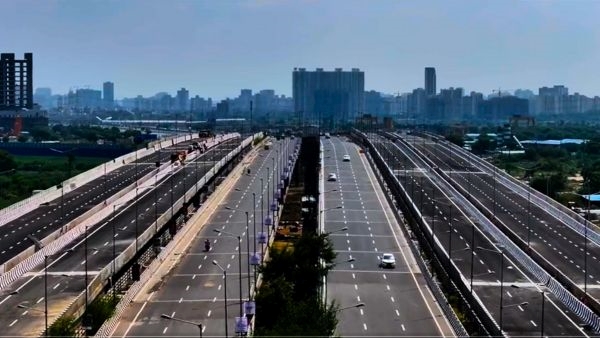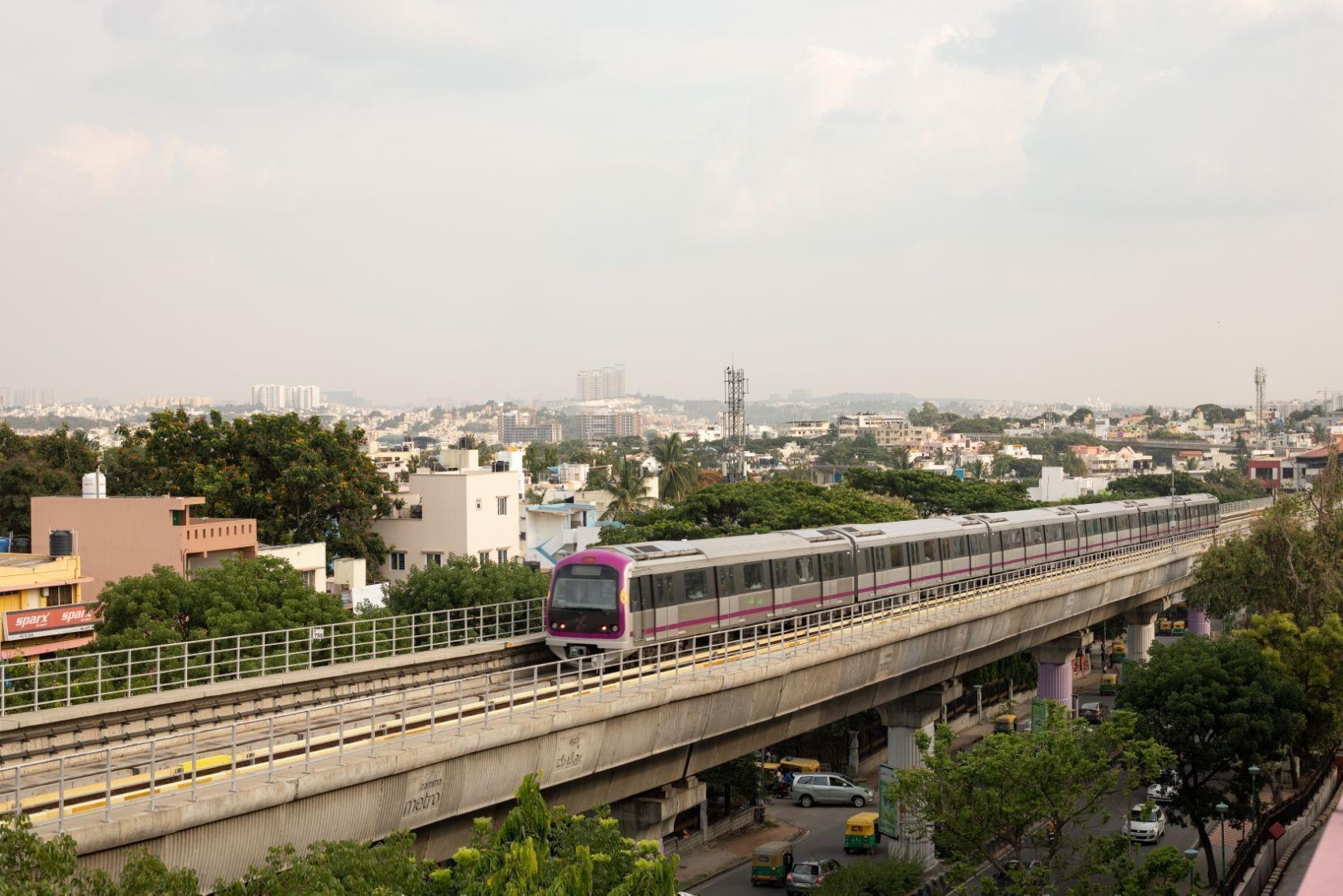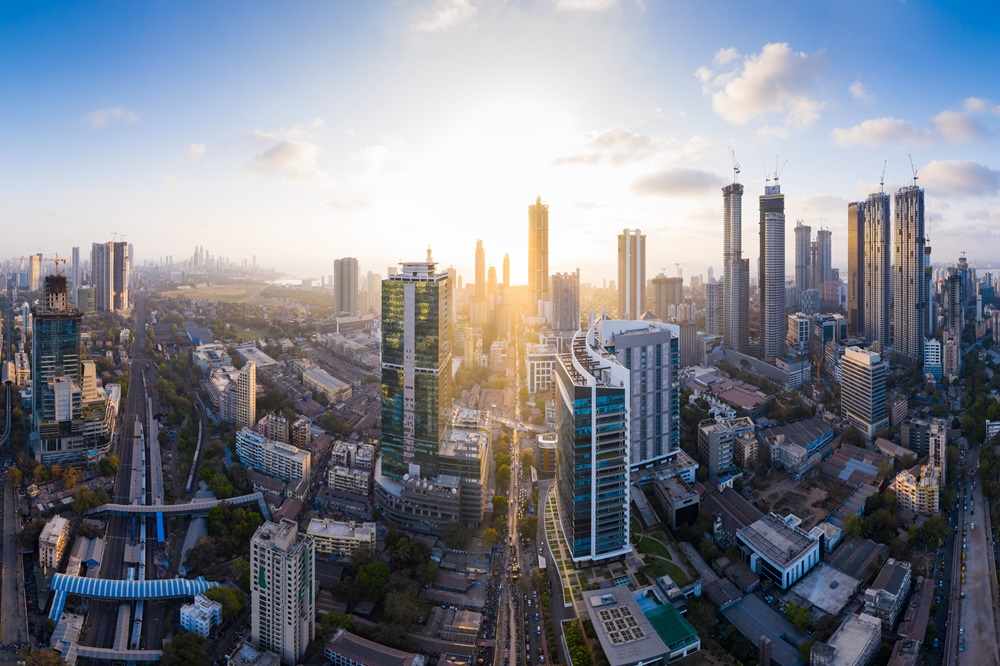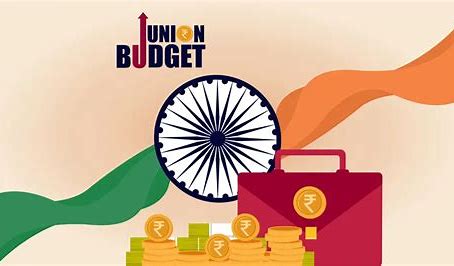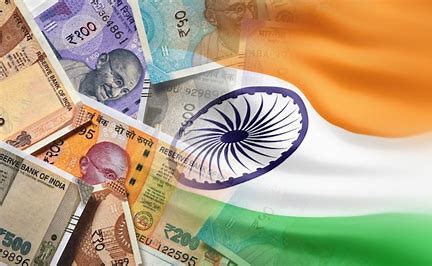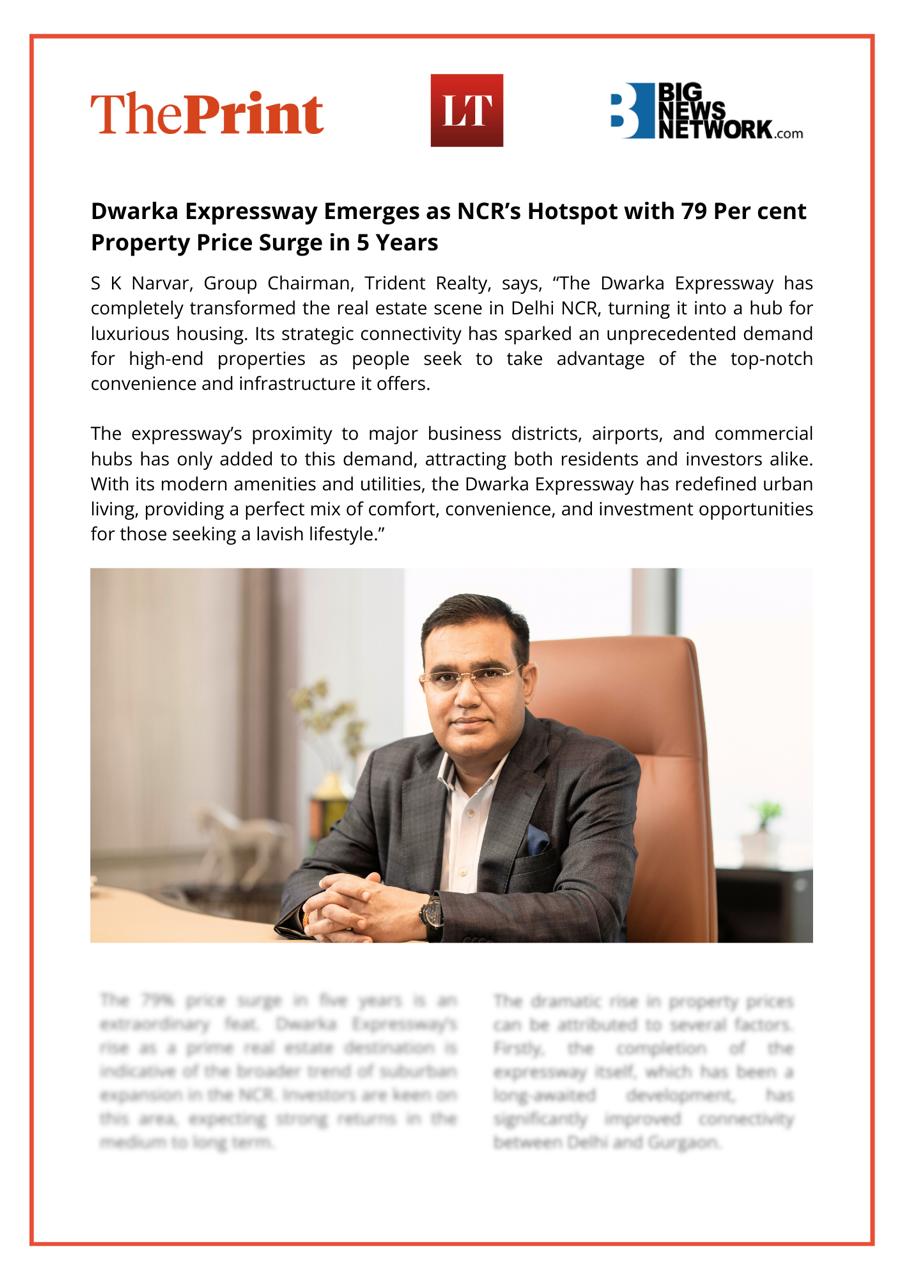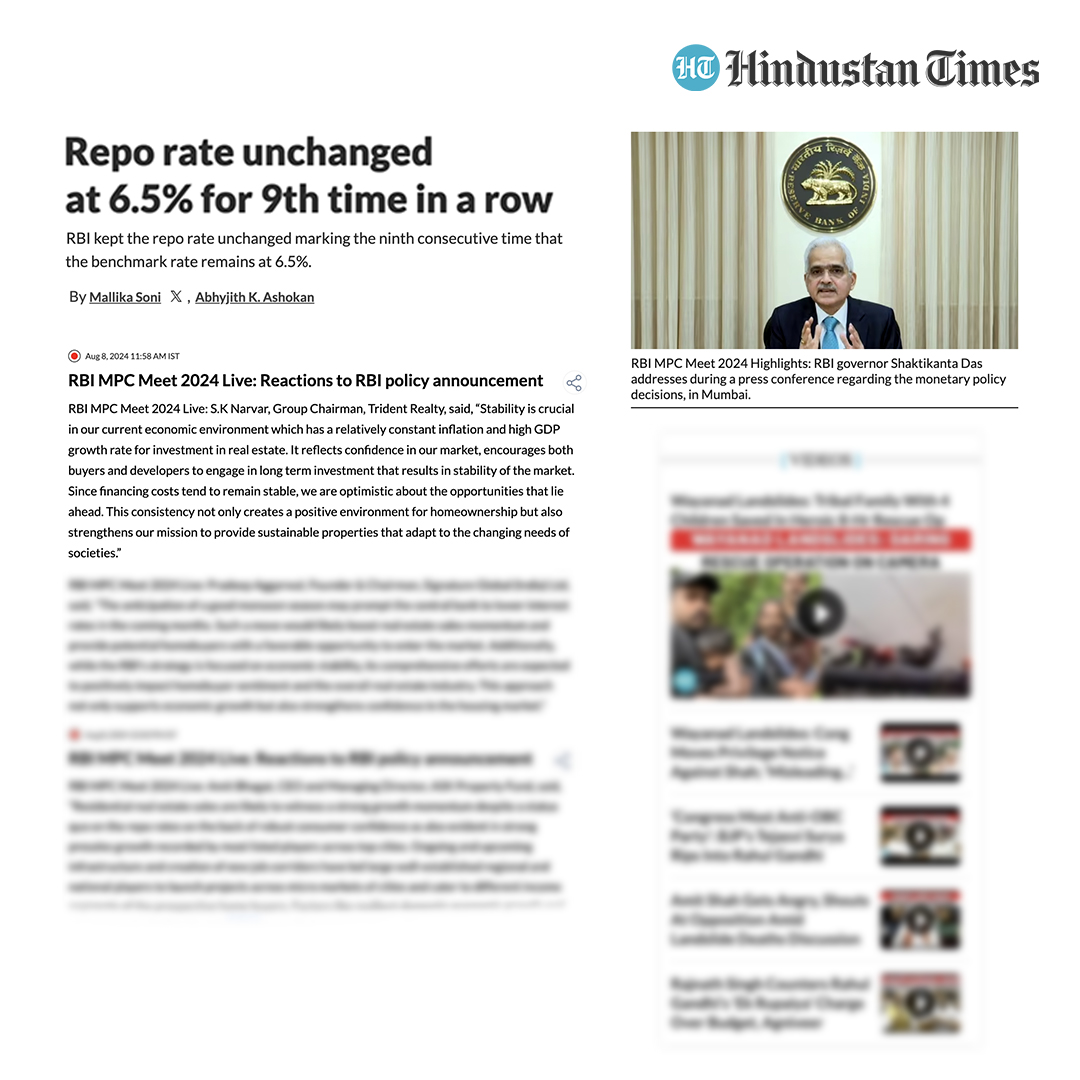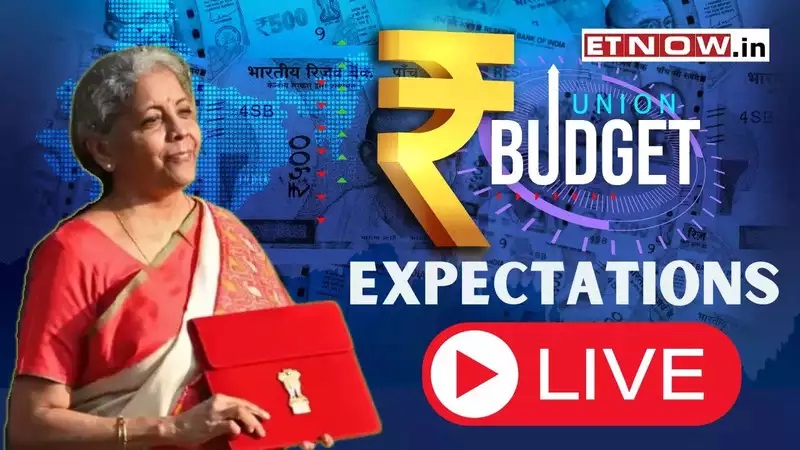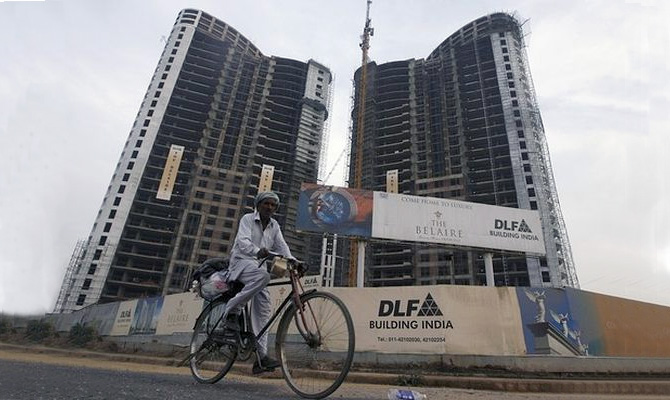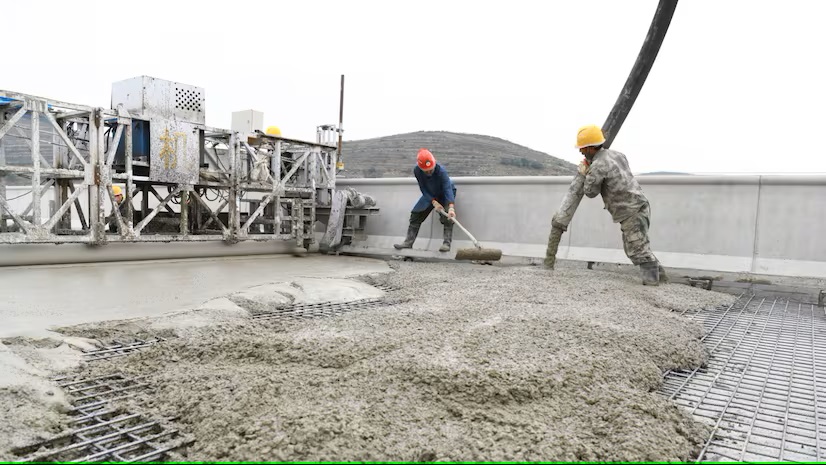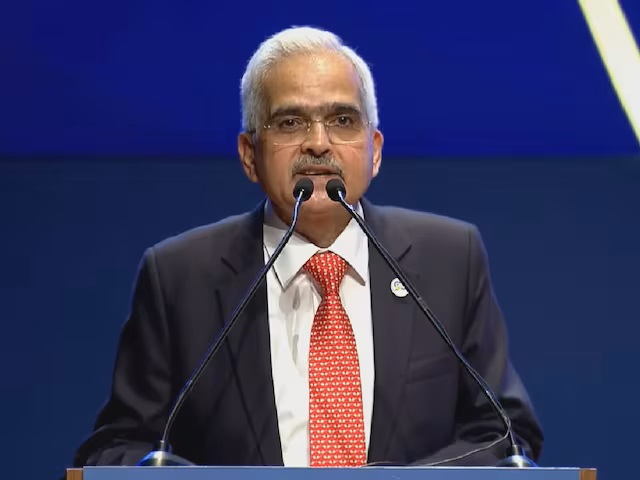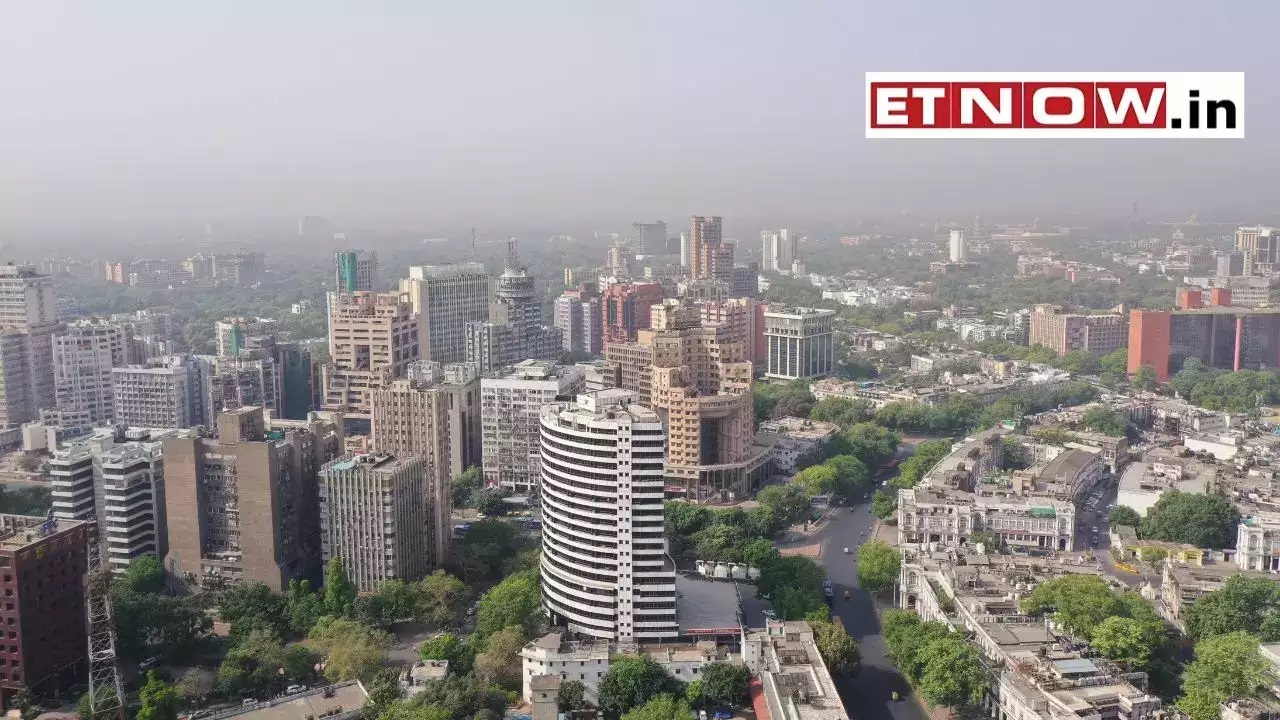“Air India going to the Tatas, one of India’s oldest & reputed private enterprises, is proof that government’s divestment strategy is benefitting the Indian exchequer.”
SK Narvar, Chairman, Capital India Corp believes that the Tatas winning the Air India bid is a great success of the Indian Government’s divestment strategy. It will benefit the Indian taxpayers and put the loss-making airline back to its glorious days.
His views on the interview are as below:
Question: Tatas have won the Air India bid at last; what is your initial reaction?
S K Narvar: It is a historic move in many ways. First, full credit to PM Modi and his Government for completing this divestment that was envisaged almost twenty years ago during Atalji’s regime. What the current Government has achieved after both the NDA and UPA government couldn’t is commendable. Second, a case study in transparency led merit driven win and the Maharaja going back to one of India’s most iconic business groups.
It is a win-win deal; the Indian taxpayer will no more need to bail out the loss-making airline daily while the Tatas get a chance to get the airline back to its glorious days.
Question: What is the key message India Inc. should take away from the Air India divestment?
S K Narvar: Foremost, the Government’s divestment policy is well-meaning both in intent and action. Second, today’s government team consists of a few of the best minds, be it Ministers, bureaucrats or consultants who will run the process in a time-bound manner with definite results.
India Inc. should be ready to bid for assets that are strategic to their business. The Government has created a business-friendly environment whereby only the best bidder will win and hence, previous cases of litigation, favouritism or delay are absent.
Question: Do you think Tatas will be able to revive the airline?
S. K Narvar: My heartiest congratulations to the Tata group and its patriarch Ratan Tata on this milestone. According to me, Tatas are one of the best Indian business groups that will take the Maharaja to its old days of glory.
Due to various political reasons, the Tatas lost the airline, and it is a sweet recognition that we won it back after almost 68 years. With deep experience in both the airlines and hospitality industry, Tatas would restore the old glory and pride for Air India.
Question: Many other divestments are coming up; what do you think of them?
S K Narvar: First, we need to appreciate that the divestment is for the benefit of the Indian taxpayer and citizen. It was mentioned that Air India was losing Rs. 20 crore per day, imagine the savings for the Government. I feel the Air India divestment is a signal that future divestments will happen successfully. One of the most prestigious investments in the next year should be that of LIC.
Let me share some figures available in public; taxpayers have put Rs. 1,10,276/- crore in Air India since 2009-10. With the divestment, the Government will get Rs. 18,000 crore – Rs. 2,700/- crore cash and offload a debt of Rs. 15,300/- crores to the new owners. The divestment program sets the Government’s plan to let corporates run businesses truly and fairly. It’s high time that citizens of this country stop subsidizing inefficient and loss-making public enterprises.
Question: What does Air India buy by the Tatas signal for the Indian economy?
S K Narvar: Tatas are one of the best business houses, and they would have bought Air India only if it made business sense. Post COVID19, the Indian economy is well on its recovery track. I believe consumer demand and manufacturing is returning to their pre-pandemic times. Among emerging economies, we today are best placed to achieve growth and take our economy ahead.
Air India divestment clearly shows us that this Government is clear about the saying, “the government has no business to be in business”. It is focused on the welfare of Indian citizens. On the other hand, the Indian private sector is competent to run businesses in a competitive, fair and profitable manner! Together, we need to take our country to greater heights of socio-economic prosperity.





